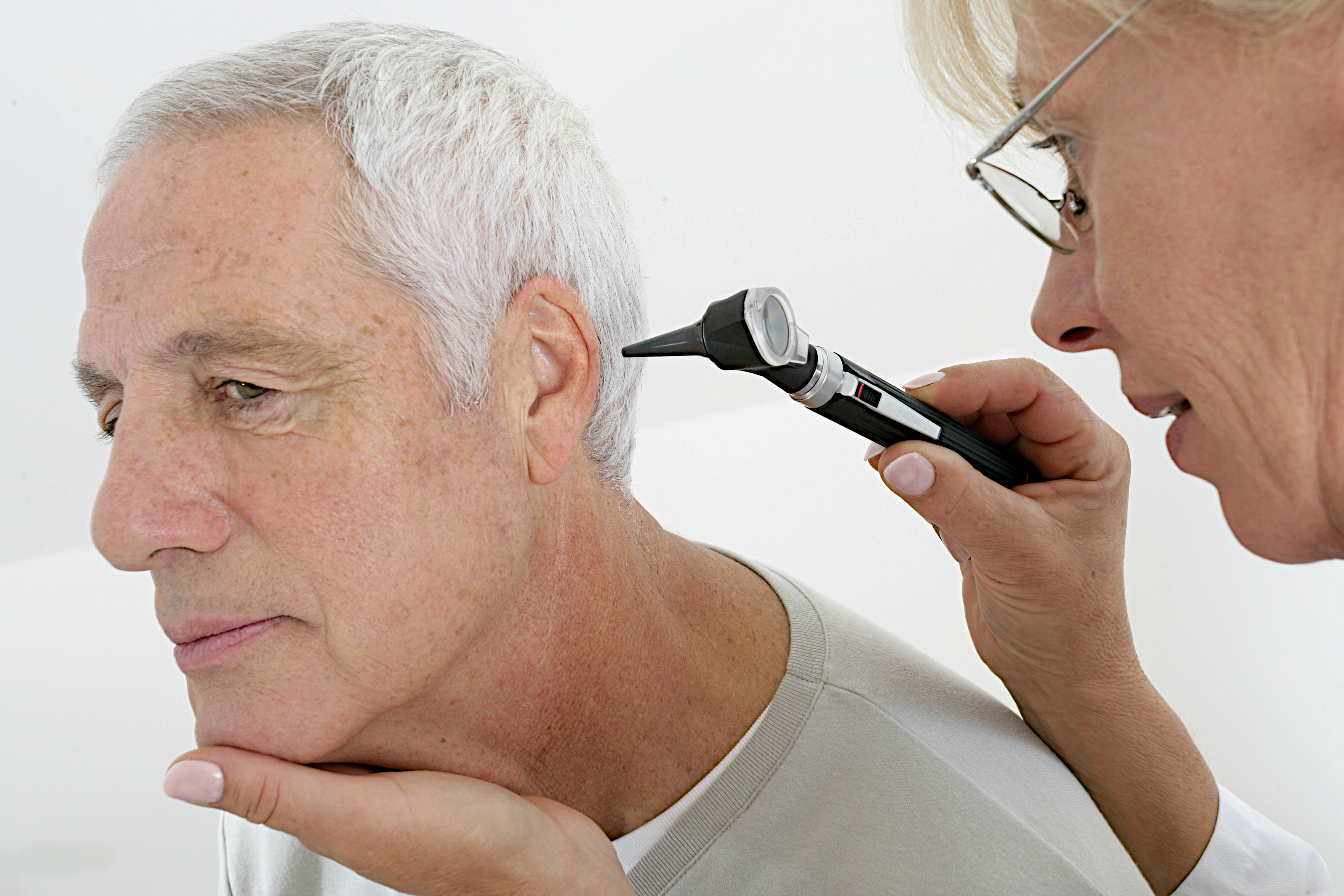Hearing sense could also be compromised during a bout with COVID-19. While researchers are still working on establishing if it’s a side effect of a SARS-CoV-2 infection, doctors have already acknowledged the incidence of hearing loss in some patients.
COVID-19 and Hearing Loss
Ongoing research has already presented findings indicative of the SARS-CoV-2 virus infecting the inner ear and impacting the delicate parts of the hearing organ. The condition can lead to hearing loss when left untreated, according to Kevin Seitz-Paquette, an audiology doctor and the director of the Phonak Audiology Research Center at SonovaGroup in Aurora, Illinois.
“Knowledge on this topic is limited,” Seitz-Paquette told U.S. News & World Report, noting that even though the world has been dealing with COVID-19 for two years, the research community has been more focused on other complications aside from hearing loss.
True enough, there hasn’t been extensive research on the subject matter. It is worth mentioning that a study from the University of Manchester found that there was only an 8% prevalence of hearing loss among patients who survived COVID-19.
However, the team behind the study relied only on estimates since the participants were only asked to remember and report their hearing status before their infection. Taking this into consideration, Seitz-Paquette said the actual number could have been much lower if the participants were not aware of the condition.
Hearing loss is often overlooked compared to other life-threatening effects of diseases. This is the case with COVID-19 as medical doctors and patients are keen on addressing the more urgent and potentially fatal symptoms and complications.
Possible Causes
There is no official explanation on why some patients are experiencing hearing loss due to COVID-19. For Dr. Thuong Trinh, a medical and surgical ENT with the Orlando Health St. Cloud Hospital in Florida, the condition may involve the angiotensin-converting enzyme (ACE) receptors in the brain.
SARS-CoV-2 is known to affect the ACE receptors found in the alveoli of the lungs. But, it could also be attacking the same receptors found on the neurons, causing the decreased sense of taste, smell, and hearing, Trinh explained.
As for Seitz-Paquette, his theory revolves around the “vascular damage” that COVID-19 is capable of causing. The coronavirus is known to cause damage to the blood vessels and vascular system. Seitz-Paquette theorized the virus might indirectly damage the blood vessels in the inner ear as well.
No matter what the mechanism of the hearing loss may be, both doctors pointed out that the condition is common with any viral infection. Trinh said measles and chickenpox/shingles could typically cause hearing loss in one ear, while the occurrence in both ears is possible but not that common.
Meanwhile, animal studies have long confirmed that herpes simplex infections can cause hearing loss. The mechanism is similar to the one reported in measles and rubella cases where the cochlear nerve endings are affected.
Seeking Professional Help
Patients need to talk to their doctor once they notice that their hearing has been affected while battling a COVID-19 infection. This is to prevent permanent hearing loss due to the virus.
“When the virus attacks the nerve, you have a very short period to prevent permanent damage to that nerve. That goes with any virus, not just COVID-19. The nerve in the ear runs in a very small canal. If the nerve becomes inflamed and the inflammation stays for even just a week or several days, it can cause permanent damage to the neurons,” Trinh explained.
Quick intervention is the best way to deal with the loss of hearing. For nerve-related hearing loss, she advised treatment using a high dose of corticosteroids to reduce the inflammation and swelling in the ear canal. In other cases, the administration of anti-viral medication would suffice.
Trinh also shared that age plays a role in the recovery stage. She noticed that the younger a patient is at the time of the infection, the better they heal, enabling them to regain their lost hearing function after some time.
Hearing loss may not be part of the typical list of symptoms of COVID-19, but it should be taken seriously. Seitz-Paquette said that the condition should not be viewed as a symptom but more of a complication that turns up later in the course of the disease.
















